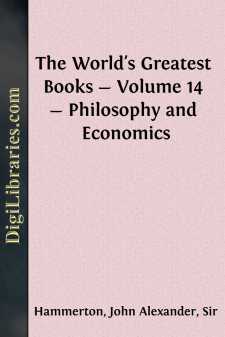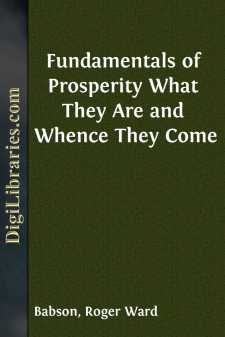Categories
- Antiques & Collectibles 13
- Architecture 36
- Art 48
- Bibles 22
- Biography & Autobiography 815
- Body, Mind & Spirit 144
- Business & Economics 28
- Children's Books 18
- Children's Fiction 14
- Computers 4
- Cooking 94
- Crafts & Hobbies 4
- Drama 346
- Education 58
- Family & Relationships 59
- Fiction 11835
- Games 19
- Gardening 17
- Health & Fitness 34
- History 1378
- House & Home 1
- Humor 147
- Juvenile Fiction 1873
- Juvenile Nonfiction 202
- Language Arts & Disciplines 89
- Law 16
- Literary Collections 686
- Literary Criticism 179
- Mathematics 13
- Medical 41
- Music 40
- Nature 180
- Non-Classifiable 1768
- Performing Arts 7
- Periodicals 1453
- Philosophy 65
- Photography 2
- Poetry 896
- Political Science 203
- Psychology 44
- Reference 154
- Religion 515
- Science 126
- Self-Help 85
- Social Science 83
- Sports & Recreation 34
- Study Aids 3
- Technology & Engineering 59
- Transportation 23
- Travel 463
- True Crime 29
Our website is made possible by displaying online advertisements to our visitors.
Please consider supporting us by disabling your ad blocker.
The World's Greatest Books - Volume 14 - Philosophy and Economics
Categories:
Description:
Excerpt
HEGEL
The Philosophy of History
Georg Wilhelm Friedrich Hegel was born on August 27, 1770, at Stuttgart, the capital of Würtemburg, in which state his father occupied a humble position in government service. He was educated at Tübingen for the ministry, and while there was, in private, a diligent student of Kant and Rousseau. In 1805 he was Professor Extraordinarius at the University of Jena, and in 1807 he gave the world the first of his great works, the "Phenomenology." It was not until 1816 that Hegel's growing fame as a writer secured for him a professorship at Heidelberg, but, after two years, he exchanged it for one at Berlin, where he remained until his death on November 14, 1831. On October 22, 1818, he began his famous lectures. "Our business and vocation," he remarked to his listeners, "is to cherish the philosophical development of the substantial foundation which has renewed its youth and increased its strength." Although the lectures on the "Philosophy of History" and on the "Philosophy of Religion" (Vol. XIII) were delivered during this period, they were not published until a year after his death, when his collected works were issued.
I.—In the East Began History
Universal or world-history travels from east to west, for Europe is absolutely the end of history, Asia the beginning. The history of the world has an east in an absolute sense, for, although the earth forms a sphere, history describes no orbit round it, but has, on the contrary, a determinate orient—viz., Asia. Here rises the outward visible sun, and in the west it sinks down; here also rises the sun of self-consciousness. The history of the world is a discipline of the uncontrolled natural will, bringing it into obedience to a universal principle and conferring a subjective freedom. The East knew, and to this day knows, freedom only for one; the Greek and Roman world knew that some are free; the German world knows that all are free. The first political form, therefore, that we see in history is despotism; the second democracy and aristocracy; and the third monarchy.
The first phase—that with which we have to begin—is the East. Unreflected consciousness—substantial, objective, spiritual existence—forms the basis; to which the subjective will first sustains a relation in the form of faith, confidence, obedience. In the political life of the East we find realised national freedom, developing itself without advancing to subjective freedom. It is the childhood of history. In the gorgeous edifices of the Oriental empires we find all national ordinances and arrangements, but in such a way that individuals remain as mere accidents. These revolve round a centre, round the sovereign, who as patriarch stands (not as despot, in the sense of the Roman imperial constitution) at the head. For he has to enforce the moral and substantial; he has to uphold those essential ordinances which are already established; so that what among us belongs entirely to subjective freedom, here proceeds from the entire and general body of the state....






















